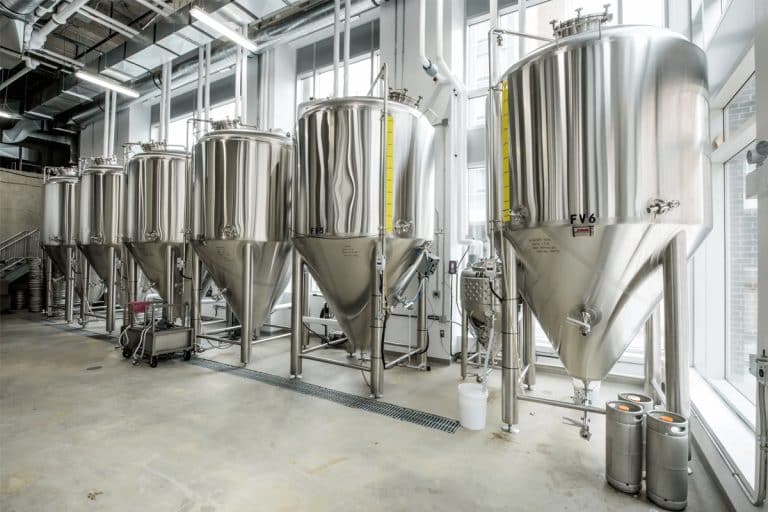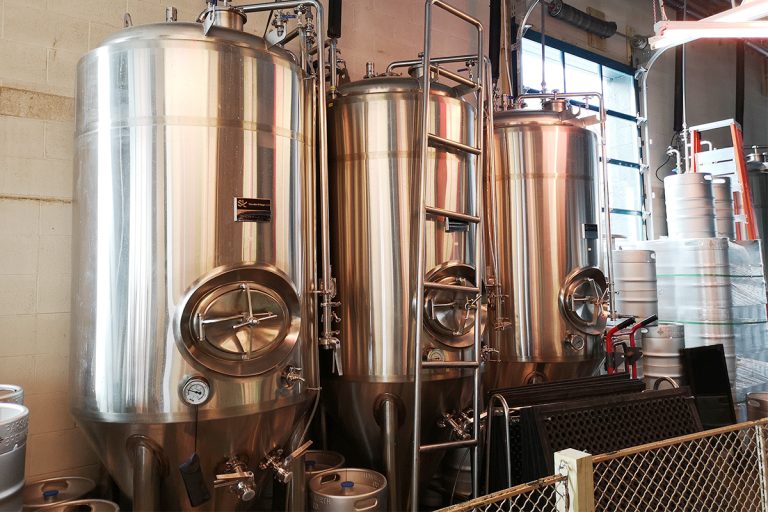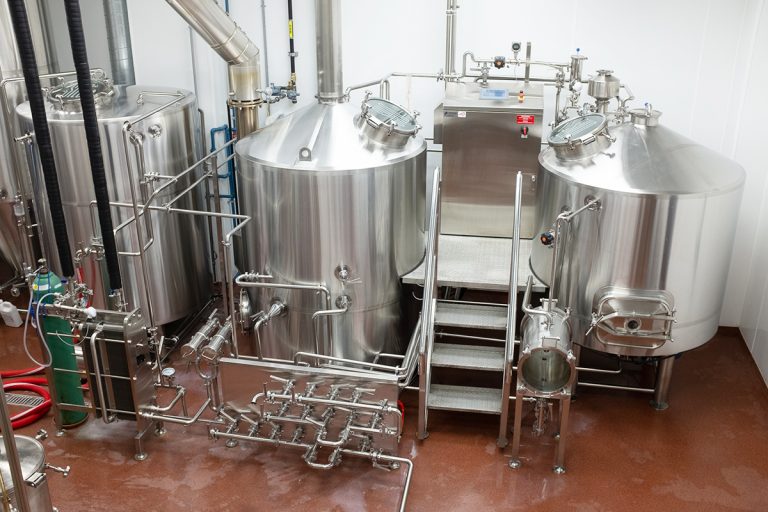
Managing Brewery Start-up Costs Comprehensive Guide
Embarking on the journey of opening a brewery is an exciting endeavor filled with the promise of creativity, community, and, of course, great beer. However, amidst the thrill of crafting unique brews and building a brand, lies the formidable challenge of managing brewery startup costs. From acquiring equipment and sourcing ingredients to navigating licensing requirements and marketing your brand, the financial demands of launching a brewery can be substantial.
In this comprehensive guide, we’ll explore strategies and insights to help aspiring brewery entrepreneurs navigate the complexities of startup costs effectively. By understanding the various expenses involved, prioritizing spending, and implementing cost-saving measures, you can lay the foundation for a successful and sustainable brewery business.
Complete Guide
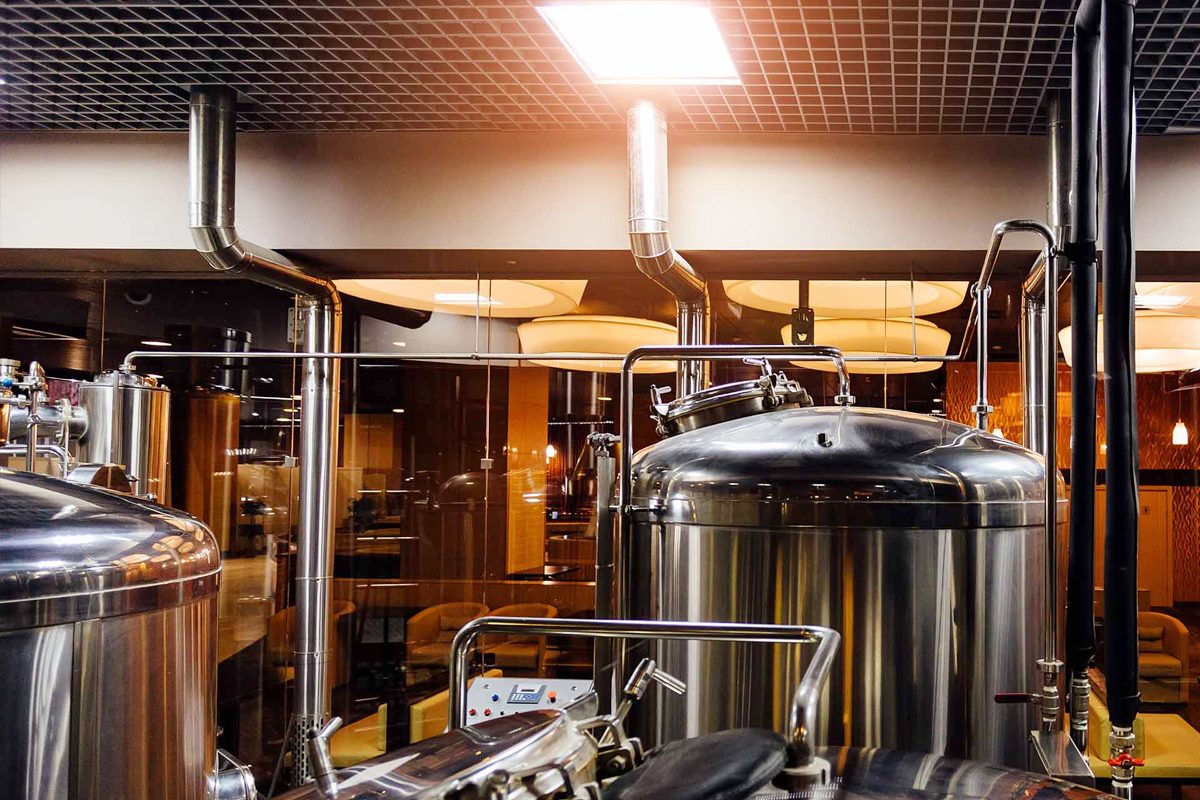
Understanding Brewery Startup Costs
Launching a brewery involves meticulous planning and a clear understanding of the various costs associated with the venture. From brewing equipment to marketing strategies, every aspect demands financial consideration. Here’s an in-depth look at the key components of brewery startup costs:
Equipment Costs
Brewing equipment is the backbone of your operation. Consider the costs of essential items such as brewhouse equipment, fermentation tanks, kegs, and cooling systems. New equipment may come with a higher price tag, but you can explore cost-effective options by considering used or refurbished machinery. Research suppliers thoroughly, weighing factors like quality, warranty, and scalability, to ensure your equipment aligns with both your budget and long-term brewing goals.
Raw Material Costs
Quality ingredients are non-negotiable for crafting exceptional brews. Budget for malt, hops, yeast, and water, keeping in mind the volume of production. Establish relationships with reliable suppliers to secure a consistent source of high-quality raw materials. Balance the pursuit of flavor excellence with cost considerations, exploring bulk purchasing opportunities and negotiating favorable terms with suppliers to optimize your ingredient budget.
License and Permit Costs
Navigating the regulatory landscape is a critical step in starting a brewery. Factor in the costs associated with federal and state permits, health licenses, and local regulations. Engage legal professionals with experience in the alcohol industry to guide you through the licensing process efficiently, minimizing delays and potential legal complications. Allocate a budget for associated fees, ensuring compliance with all necessary permits to operate legally and seamlessly.
Site Selection Costs
Choosing the right location for your brewery is pivotal. Factor in costs related to leasing or purchasing commercial space, rent or mortgage payments, and utilities. Renovations or build-out expenses are often part of site selection, as adapting the space to meet brewing and customer needs may be necessary. Be strategic in your site selection, considering foot traffic, accessibility, and local zoning regulations to maximize your brewery’s visibility and profitability.
Marketing and Branding Costs
Marketing investments can help build brand awareness and attract customers to the brewery. Allocate funds for website development, social media advertising, signage, and promotional events. Craft a unique brand identity that resonates with your target audience, and budget for merchandise, packaging, and design elements. Effective marketing not only drives initial interest but also fosters a loyal customer base, contributing to the long-term success of your brewery.
By understanding and effectively managing these key components of brewery startup costs, you can lay a solid foundation for a successful brewery business. Prioritizing expenses, negotiating with suppliers, and diligently tracking your budget are basic practices for dealing with the financial challenges of starting a brewery. With careful planning and strategic decisions, you can embark on your beer journey with confidence and set yourself up for long-term growth and profitability.
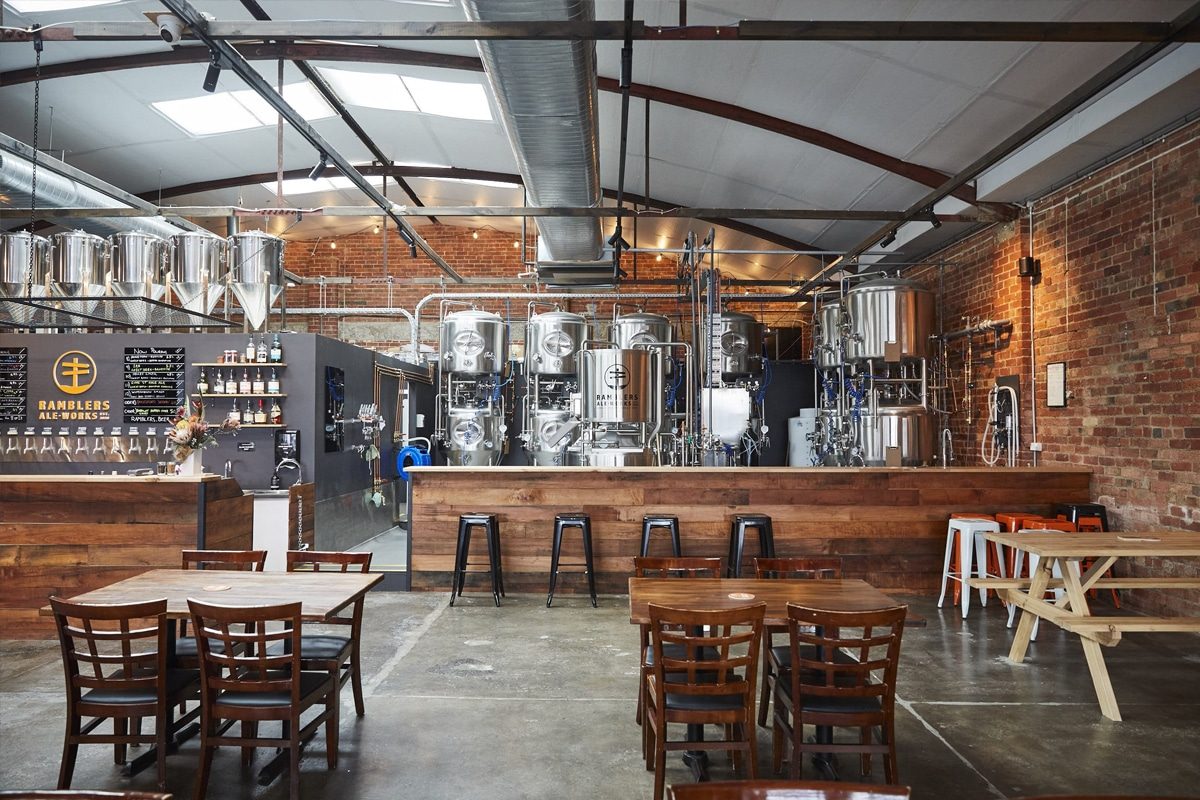
Managing Brewery Startup Costs
Launching a brewery involves not only a passion for crafting excellent beer but also a keen understanding of financial management. Effectively managing startup costs is crucial for the success and sustainability of your brewery. Here are key strategies to navigate the financial landscape:
Developing a Detailed Business Plan
The well-crafted business plan serves as your roadmap to success. Outline your brewery’s goals, target market, competitive analysis, and revenue projections. Consider factors like equipment costs, raw material expenses, licensing fees, and marketing strategies. The detailed plan not only helps you visualize your brewery’s trajectory but also identifies potential challenges and opportunities. Regularly review and update your business plan as your brewery evolves to stay aligned with your financial goals.
Prioritizing Spending
Not all expenses are created equal. Prioritize spending on essential items that directly impact the quality of your beer and customer experience. Allocate resources to critical areas like equipment, ingredients, and skilled staff members. Evaluate non-essential expenses carefully, opting for cost-effective solutions without compromising quality. By focusing on investments that drive tangible value and revenue generation, you can optimize your brewery’s financial resources for maximum impact.
Considering Second-Hand Equipment
While brand-new brewing equipment may be appealing, consider the cost-saving benefits of purchasing second-hand or refurbished machinery. Many breweries sell their equipment as they upgrade or expand, offering budget-friendly options for startup breweries. Conduct thorough inspections and assessments to ensure the equipment meets your operational needs and quality standards. By exploring the second-hand market, you can significantly reduce upfront costs without sacrificing functionality or efficiency.
Negotiating with Suppliers
Building strong relationships with suppliers is key to securing favorable terms and pricing for ingredients and equipment. Negotiate with suppliers to obtain the best possible deals on raw materials, packaging, and other essential supplies. Explore bulk purchasing options and long-term contracts to leverage volume discounts and stabilize costs. Maintain open communication with suppliers, addressing any concerns or issues promptly to foster a mutually beneficial partnership. By negotiating strategically, you can lower procurement costs and enhance your brewery’s profitability.
Embracing DIY Solutions
Get creative and explore do-it-yourself (DIY) solutions for non-essential items to save on costs. From taproom furnishings to marketing materials, embracing a hands-on approach can yield significant savings. Consider DIY projects for signage, merchandise, and branding materials, leveraging your creativity and skills to customize solutions that reflect your brewery’s unique identity. While DIY solutions may require time and effort, they offer cost-effective alternatives to outsourcing and can enhance your brewery’s authenticity and character.
Closely Monitoring Spending
Maintain a vigilant eye on your brewery’s finances by monitoring expenses closely and tracking cash flow diligently. Utilize accounting software or enlist the help of a professional accountant to maintain accurate records and identify areas where costs can be reduced or optimized. Conduct regular budget reviews to assess spending patterns, identify variances, and make informed decisions about resource allocation. By staying proactive and disciplined in financial management, you can mitigate risks and ensure the long-term financial health of your brewery.
Pursuing Funding Opportunities
Explore various funding options to finance your brewery startup, including personal savings, bank loans, investor capital, and crowdfunding. Prepare a compelling business case and financial projections to present to potential investors or lenders. Consider the pros and cons of each funding source, weighing factors like interest rates, repayment terms, and ownership stakes. Leverage funding to fuel growth and expansion while maintaining financial stability and sustainability. By pursuing funding opportunities strategically, you can secure the capital needed to realize your brewery’s vision and aspirations.
By implementing these strategies and approaches, you can effectively manage brewery startup costs and position your business for long-term success and profitability in a competitive market. As you navigate the challenges and opportunities of launching your brewery, remember to stay adaptable, resilient, and focused on your overarching goals.
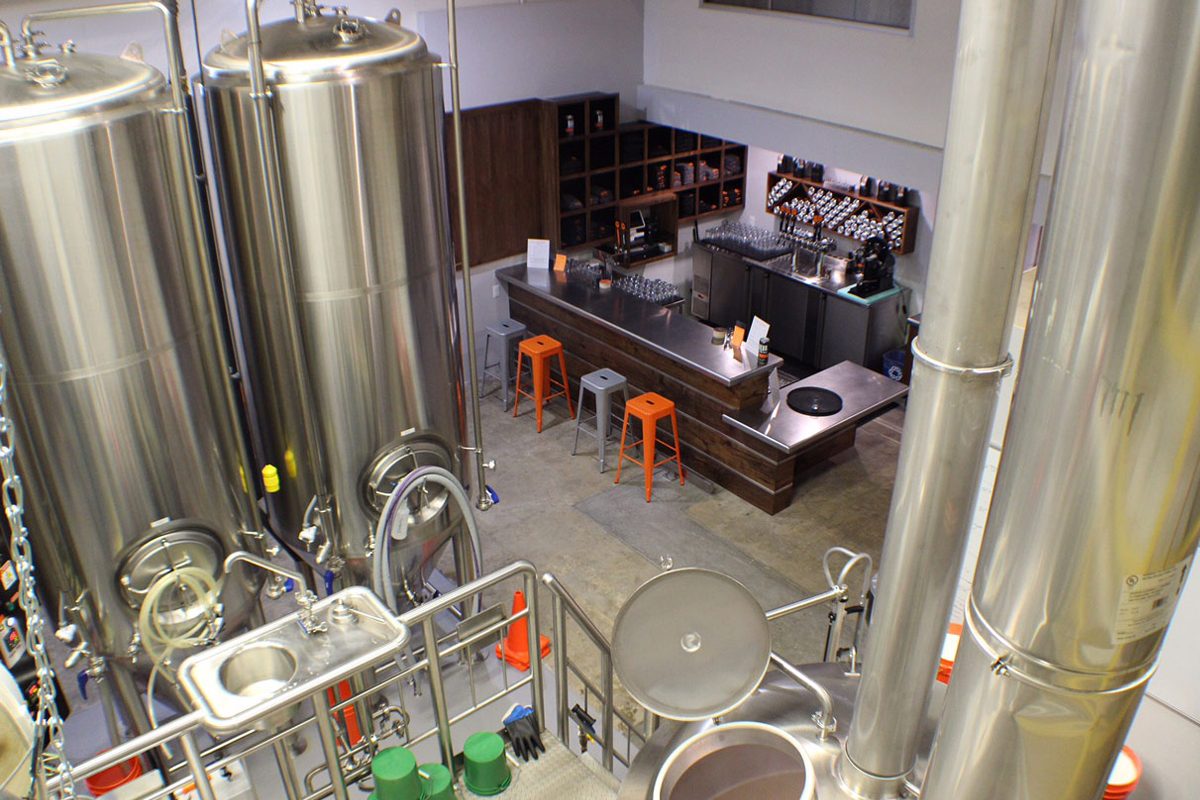
Financial Management and Planning
Effectively managing brewery startup costs requires robust financial management practices and strategic planning. By implementing sound financial strategies, you can ensure the long-term success and sustainability of your brewery. Here are key aspects of financial management and planning to consider:
Budgeting and Forecasting
Developing a detailed budget and accurate financial forecasts is essential for understanding and managing brewery startup costs. Estimate expenses for equipment, raw materials, licensing, marketing, and other operational needs. Consider both initial startup costs and ongoing operational expenses. Regularly review and update your budget and forecasts to reflect changing market conditions and business needs.
Accounting and Bookkeeping
Maintaining accurate financial records through diligent accounting and bookkeeping practices is crucial for effective financial management. Use accounting software or hire professional accountants to track income, expenses, assets, and liabilities. Keep detailed records of transactions, invoices, receipts, and financial statements. Regularly reconcile accounts to ensure accuracy and identify any discrepancies or errors.
Cost Control and Optimization
Implementing cost control measures can help manage brewery startup costs and maximize profitability. Analyze expenses to identify areas where costs can be reduced or optimized. Negotiate with suppliers for better pricing, explore bulk purchasing options, and consider alternatives to costly expenditures. Continuously monitor and evaluate costs to identify inefficiencies and implement cost-saving strategies.
Cash Flow Management
Maintaining healthy cash flow is critical for the financial health of your brewery. Develop cash flow projections to forecast incoming and outgoing cash flows. Monitor accounts receivable and accounts payable to ensure timely payments and collections. Implement strategies to improve cash flow, such as offering incentives for early payments or securing lines of credit for working capital needs. Manage inventory levels to minimize excess stock and free up cash for other expenses.
Financial Reporting and Analysis
Regularly analyze financial reports and performance metrics to assess the financial health and profitability of your brewery. Review income statements, balance sheets, and cash flow statements to track financial performance and identify trends. Conduct variance analysis to compare actual results against budgeted expectations and identify areas for improvement. Use financial analysis to make informed decisions and adjust strategies as needed to achieve financial goals.
By implementing effective financial management and planning practices, brewery entrepreneurs can navigate the complexities of startup costs and position their businesses for long-term success and growth. Prioritize budgeting and forecasting, maintain accurate accounting records, implement cost control measures, manage cash flow effectively, and regularly analyze financial performance to drive profitability and sustainability in the competitive brewing industry.

Summarize
Managing brewery startup costs is a multi-faceted endeavor that requires careful planning, strategic decision-making, and tight financial management. Aspiring brewery entrepreneurs can effectively navigate the complexities of startup costs by understanding the various expenses involved, prioritizing spending, and implementing cost-saving strategies. Developing a detailed business plan, negotiating with suppliers, and employing DIY solutions are essential strategies for managing expenses and maximizing value.
Additionally, maintaining accurate accounting records, monitoring cash flow, and regularly analyzing financial performance helps ensure the financial health and sustainability of your brewery. With perseverance, creativity, and a commitment to financial prudence, brewery startups can overcome the challenges of managing costs and achieve long-term success in the dynamic and competitive beer industry.
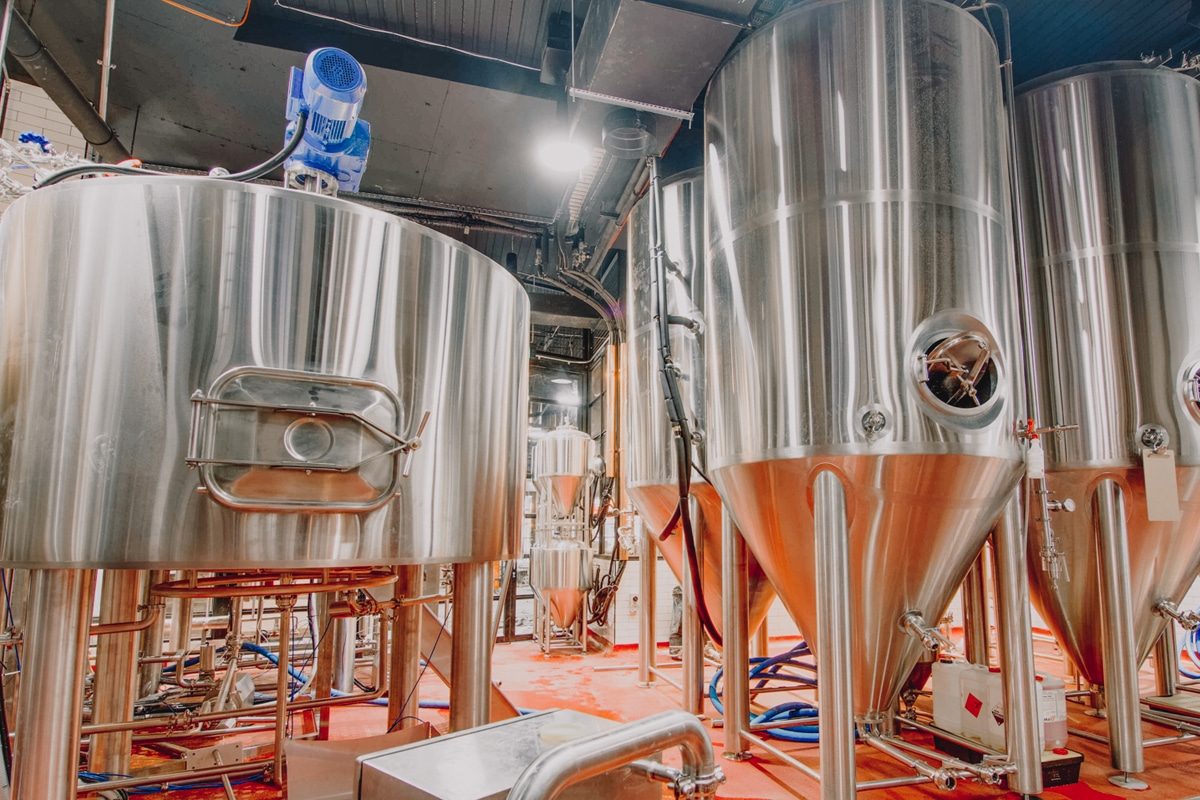
Get A Turnkey Brewery Solution
When embarking on the exciting journey of starting a brewery, managing startup costs can be daunting. Working with a professional brewery solutions provider like ZYB Craft can alleviate many financial concerns. With turnkey brewery solutions, you gain access to comprehensive packages that include everything you need to launch your brewery efficiently and cost-effectively.
ZYB Craft offers a range of turnkey solutions tailored to fit your specific needs and budget. From brewing equipment and fermentation tanks to kegging systems, we provide all the essentials for setting up your brewery from start to finish. By opting for a turnkey solution, you can streamline the startup process, minimize upfront expenses, and focus on what you do best—brewing exceptional beer.
With ZYB Craft’s expertise and support, you can navigate the financial challenges of brewery startup costs with confidence, knowing that you have a trusted partner by your side every step of the way.

